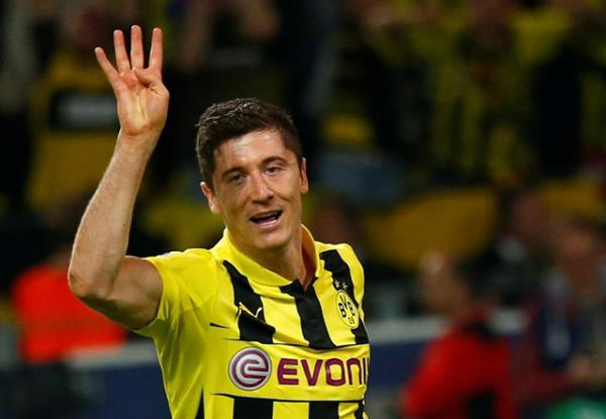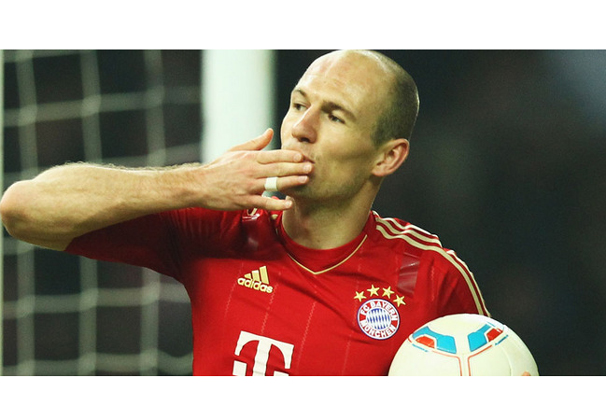
Germany and Spain last played in the 2010 World Cup semifinals, with Spain winning a narrow 1-0 victory on the way to its first World Cup trophy. However, in last week’s UEFA Champions League semifinal match, the German sides asserted utter dominance over their Spanish counterparts.
The Champions League calls together the best teams from every league in Europe. The Spanish participants, FC Barcelona and Real Madrid, currently sit at No. 1 and No. 2 respectively in Spain’s La Liga. Sports commentators everywhere were salivating at the idea of an all-Spanish — or “El Clásico” — final.
The storyline was already written: Lionel Messi of Barcelona and Cristiano Ronaldo of Real Madrid, the two best players of the year for European club soccer, would face each other in a highly-anticipated showdown. Madrid versus Barcelona, a historically bitter matchup, would take place on a neutral field to decide which team ruled the Iberian peninsula and all of Europe.
This hypothesized all-Spanish final would have come right in the midst of a historic run by Spain’s national soccer team. The Red Fury, or “La Furia Roja,” have won the last three major international tournaments. After capturing the European Championship in 2008, Spain won the 2010 World Cup and the Euro tournament again in 2012.
That streak was accompanied by similar streaks from Real Madrid and Barcelona. Barcelona has won two of the last four Champions Leagues, 2009 and 2011. Both teams made it to the semis last year. The all-Spanish final bandwagon was rolling at full speed going into the first leg of each semifinal match.
Forgotten in the media circus were the two German teams in the semifinals this year. Bayern Munich and Borussia Dortmund are currently ranked No. 1 and No. 2 respectively in Germany’s Bundesliga, and also exchanged their places from last year.
The two German teams took a Panzer tank to the picture-perfect Spanish final after Bayern tied the record for goals scored against Barcelona in a Champions League match, winning 4-0. Dortmund added to Spain’s woes by blowing out Real Madrid 4-1 behind Robert Lewandowski’s record-setting four goals in a Champions League semifinal.
Both Spanish teams still have the second leg of their semifinal matchups to respond, but it doesn’t look like either will be representing their country on the big stage. Real Madrid has come back from being three goals down in the Champions League only twice, and coming back from four goals is close to impossible for Barcelona.
Perhaps this year’s Champions League will serve as a changing of the guard in international soccer. Germany currently sits at No. 2 in the FIFA world rankings — one spot behind the dominant Red Fury. Will Spain be able to hold onto its place on top of the soccer world? Or will the German style be the next one to take over?
At the club level a power transfer is obvious. The latter part of the last decade was a period when the English Premier League undoubtedly included the strongest teams. Their dominance transferred to La Liga. Barca was later joined by Madrid at the top of the Champions League level. Both teams were then regularly picked to defeat the English.
If this pattern of change continues, soccer fans worldwide should prepare to see a newly popular Bundesliga in the next few years.
Dortmund star Mario Gotze has committed to rival Bayern Munich for £32 million, while Lewandowski is rumored to do the same after he decided to leave Dortmund for a more elite club. FC Schalke 04 used the international transfer market to bring top-notch players like Klass-Jan Huntelaar, Michel Bastos and Ibrahim Afellay to Germany. German dominance will continue as long as its teams keep their most skilled players in the national league.

Sebastien van Heyningen is contributing writer. Email him at [email protected]





















































































































































